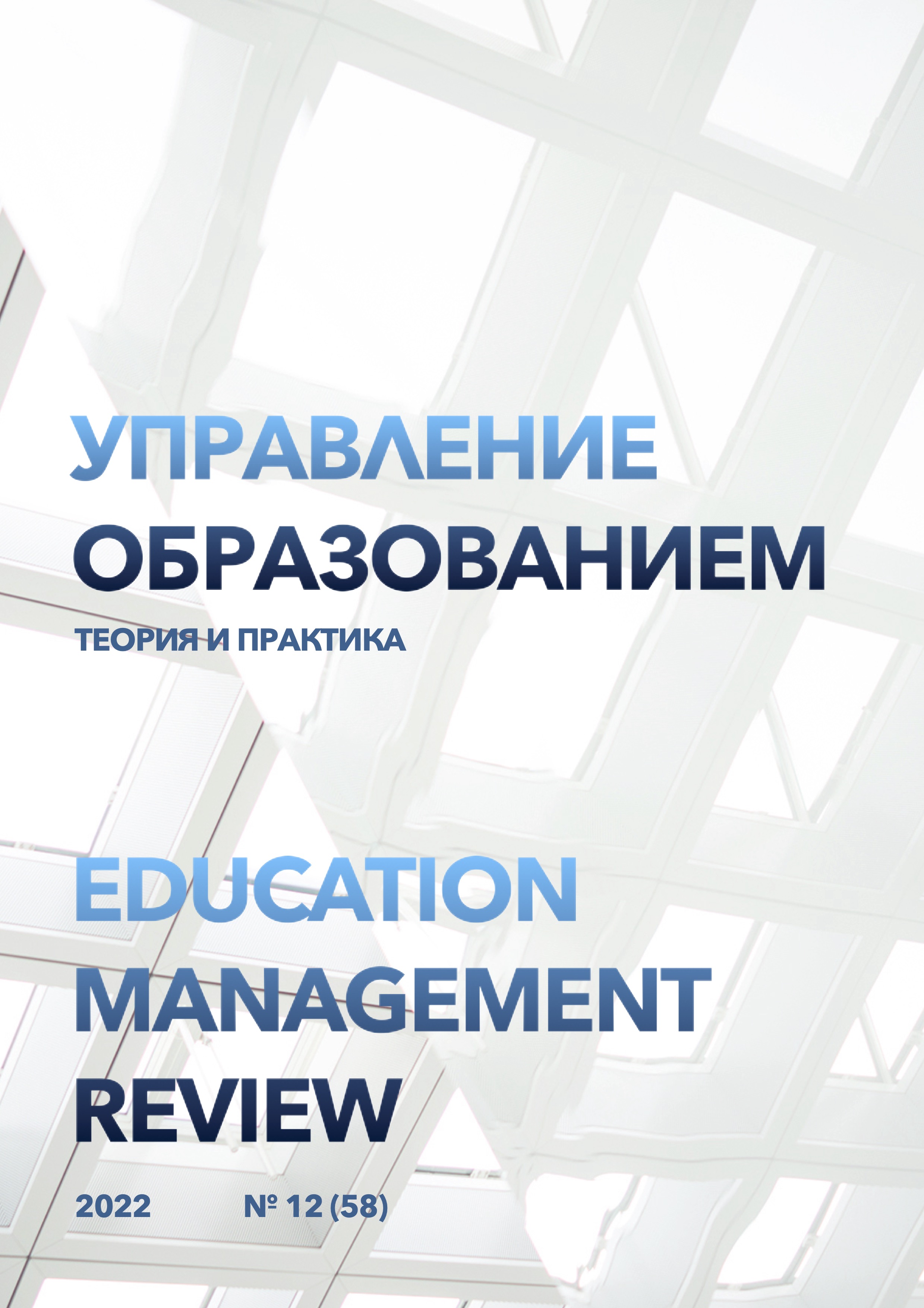Studying chinese opera in educational institutions of the people's republic of China
DOI:
https://doi.org/10.25726/j5032-5626-2083-aKeywords:
beijing Opera, musical education, cultural heritage, traditional musical culture, ChinaAbstract
Peking Opera, as part of the traditional culture of the PRC, has a thousand-year history since its development. During this period of history, Peking Opera has become an important form of artistic expression in the daily life of the Chinese people through continuous development. A few decades ago, the Chinese Ministry of Education recognized the importance of inheriting Peking Opera. With the development of quality education, the teaching content of Peking opera in China's elementary school music classes is gradually becoming richer, but at present, the influence of popular music and foreign musical culture has also caused a dilemma in the development direction of Peking opera. The article is devoted to the study of the importance of preserving the heritage of Chinese traditional opera in the musical education of the PRC, the difficulties of using Chinese opera in music classes in Chinese educational institutions and ways to overcome them. It is worth choosing a few students who really wanted to try, but did not dare to participate in the competition. After a few students lead the demonstration, other students who were interested can also join the Peking Opera Competition. Ultimately, most students may awaken a keen interest in studying the musical culture of their native country.
References
Бай Г. Развитие китайской национальной оперы и некоторые мысли по этому поводу // Китайская периодика Вансия. Аньхуэй, 2006. №1. С. 155-156.
Будаева Т.Б. Пекинская опера и китайская музыкальная драма через призму Летней школы Шанхайской театральной академии // Общество и государство в Китае. 2018. №2. https://cyberleninka.ru/article/n/pekinskaya-opera-i-kitayskaya-muzykalnaya-drama-cherez-prizmu-letneyshkoly-shanhayskoy-teatralnoy-akademii
Ли Б. Значении пекинского оперного искусства в музыкальных школах // Современное профессиональное образование, 2017. С. 24.
Ли Я. Современная китайская опера. Ганьсу: Ганьсувэньхуа, 1998. 246 с.
Лу Ч. Педагогические аспекты взаимодействия педагогов и исполнителей при обучении искусству пекинской оперы // Современное педагогическое образование. 2022. №4. https://cyberleninka.ru/article/n/pedagogicheskie-aspekty-vzaimodeystviya-pedagogov-i-ispolniteley-priobuchenii-iskusstvu-pekinskoy-opery
Мэй И. Преподавание искусства сочетания оперы и пекинской оперы в музыкальном классе // Мир музыки, 2015. С. 11-14.
Цзинь. Китайская традиционная национальная опера // Интерактивная наука. 2018. №8 (30). https://cyberleninka.ru/article/n/kitayskaya-traditsionnaya-natsionalnaya-opera
Цзун Ч. Традиции и инновации в китайской опере XXI века // Актуальные проблемы высшего музыкального образования. 2021. №3 (61). https://cyberleninka.ru/article/n/traditsii-i-innovatsii-vkitayskoy-opere-xxi-veka
Ху Я. Китайская опера как нематериальное культурное наследие Китая // Общество: философия, история, культура. 2015. №4. https://cyberleninka.ru/article/n/kitayskaya-opera-kaknematerialnoe-kulturnoe-nasledie-kitaya
Чэнь И. О национальной самобытности современной китайской оперы // Музыка как национальный мир искусства. Материалы Международной научной конференции. Сост. и отв. ред. Порфирьева Е.В. Казань: Казанская государственная консерватория им. Жиганова Н.Г.; Российский гуманитарный научный фонд, 2015. С. 203-209.

